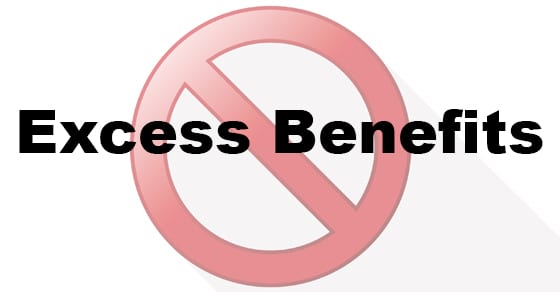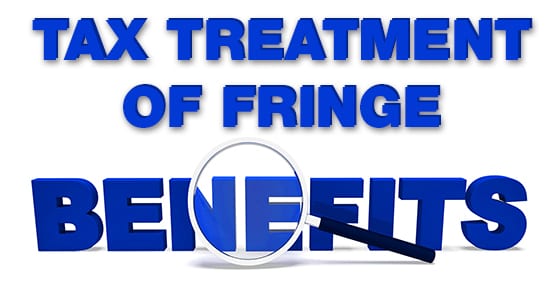Blog
Can You Have Too Much Money in Tax-Deferred IRAs?
In some cases, individuals reach a point where deferring taxes to the max is counter-productive. There Are Several Reasons Why this Happens For one thing, while deferring taxes is a good idea when personal tax rates are going down or staying the same, it's likely that federal income tax rates
Does Your Business Have Too Much Cash?
From the time a business opens its doors, the owner is told “cash is king.” It may seem to follow that having a very large amount of cash could never be a bad thing. But, the truth is, a company that’s hoarding excessive cash may be doing itself more
DWC Accountant Matt Martinez Awarded CPA
Dalby, Wendland & Co., P.C., is pleased to announce Matthew R. Martinez recently attained the Certified Public Accountant (CPA) designation after passing the Unified Certified Public Accountant Examination. The exam is set by the American Institute of Certified Public Accountants and protects the public interest by helping to ensure that
3 Midyear Tax Planning Strategies for Individuals
In the quest to reduce your tax bill, year end planning can only go so far. Tax-saving strategies take time to implement, so review your options now. Here are three strategies that can be more effective if you begin executing them midyear: 1. Consider your bracket The top income tax
Keep Real Estate Separate from Your Business’s Corporate Assets to Save Tax
It’s common for a business to own not only typical business assets, such as equipment, inventory and furnishings, but also the building where the business operates — and possibly other real estate as well. There can, however, be negative consequences when a business’s real estate is included in its general
Look Beyond EBITDA
Earnings before interest, taxes, depreciation and amortization (EBITDA) is commonly used to assess financial health and evaluate investment decisions. But sometimes this metric overstates a company’s true performance, ability to service debt, and value. That’s why internal and external stakeholders should exercise caution when reviewing EBITDA. History of EBITDA The
Why Your Nonprofit Must Avoid Excess Benefit Transactions
Not-for-profits that ignore the IRS’s private benefit and private inurement provisions do so at their own peril. These rules prohibit an individual inside or outside a nonprofit from reaping an excess benefit from the organization’s transactions. Violation of such rules can have devastating consequences. Defining terms A private benefit is
All Fringe Benefits Aren’t Created Equal for Tax Purposes
According to IRS Publication 5137, Fringe Benefit Guide, a fringe benefit is “a form of pay (including property, services, cash or cash equivalent), in addition to stated pay, for the performance of services.” But the tax treatment of a fringe benefit can vary dramatically based on the type of benefit.
Less than 6 Months Until the New Contract Revenue Guidance Goes Live
The sweeping new revenue recognition standard goes into effect soon. But many companies are behind on implementing it. Whether your company is public or private, you can’t afford to delay the implementation process any longer. 5 steps Accounting Standards Update (ASU) No. 2014-09, Revenue from Contracts with Customers, requires companies
ABLE Accounts Can Benefit Loved Ones With Special Needs
For families with disabled family members who’re potentially eligible for means-tested government benefits such as Medicaid or Supplemental Security Income (SSI), estate planning can be a challenge. On the one hand, you want to provide the most comfortable life possible for your loved one. On the other hand, you don’t










